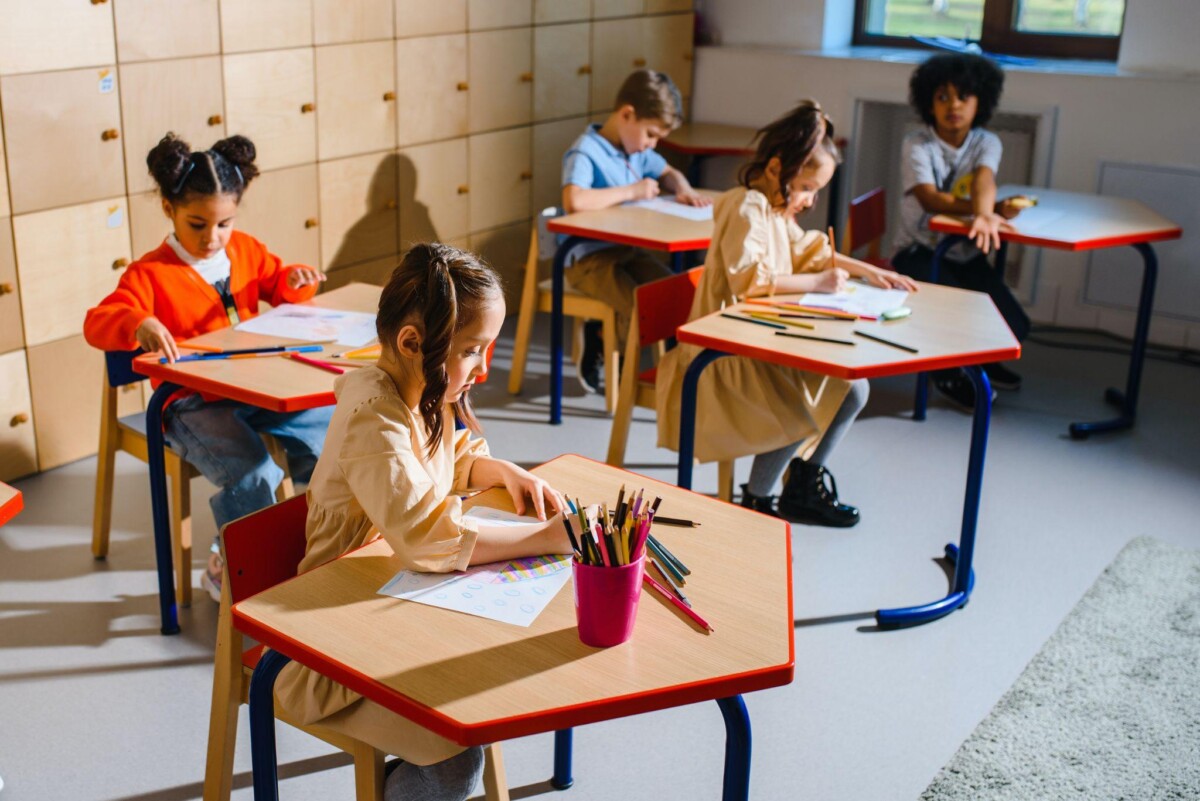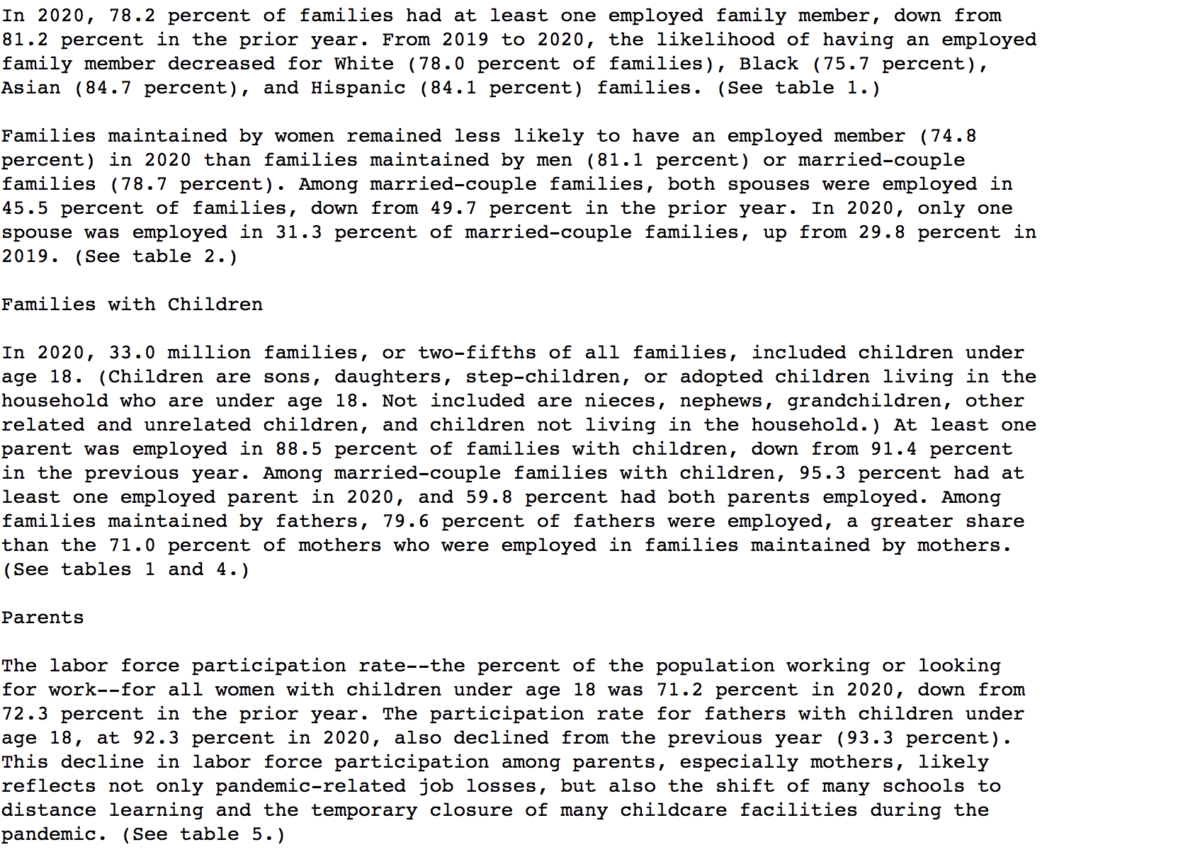The moment I was born I instantly became the betting horse of my immigrant family to do what they couldn’t and that meant finishing all forms of school. My parents put all their trust on a child who looked to them for everything to be what they thought they couldn’t be, successful. Unfortunately for my parents my inability to focus on a thing for longer than a few minutes cost me my grades and developed bad study habits. Parent teacher conferences were a mixture of “she’s a great student, attentive and an active participant” to “she has potential to be a good student”, my mom stopped going after a few years as she knew exactly what she was going to hear. Being young and unaware made me susceptible to the idea that I lacked the intelligence to become someone grand and inevitably disappointing my parents. Now in my later years I comprehend that the system is made with only one student in mind, the obedient and quiet student, and us as students and parents we must find methods to make it work. Previous perfect students creating a near unbreakable mold that others have to bend and break to fit in.
My mom has always been my biggest supporter and critic, criticizing my grades, my lack of concentration, and anything in between. I know she was doing the best she could with the little knowledge she had, being the first child she must have felt lost. Forcing me into afternoon programs and clubs hoping I would stick to something inevitably making my school day 3-4 hours longer. Anything I would show remote interest she had already found 3 programs I could get into, thus allowing me to choose what kind of high school I wanted to go into. My mom’s love of cooking consequently provoked me to choose a culinary program focused high school. A whole new world for the both us introduced me into a different kind of education, one I was actually interested in. A mixture of growing up and trust allowed my mom’s grip on me to lessen and allowed me to truly chose what I could immerse myself in. My freshman year of high school introduced me to a man that changed my views on the education system.
Tough love isn’t anything foreign to me, I mean I have very traditional hispanic parents it’s an everyday occurrence. So when I got into high school and the first teacher to be introduced to me was the most feared in the program, it was like any other day. My first culinary teacher was as strict as any chef you see on TV, unforgiving and not lenient. One of my clearest memories of him involved me being late to his class and getting a 10 minute lecture in front of my classmates on poor time management. Safe to say I was never late to his class again. While he had a tough exterior and seemed unkind, his demeanor would unravel the moment you demonstrated respect and passion for the craft. Between constant class participation and successful recipe replicas I became one of his top students. Developing a relationship with a teacher in your favorite subject to me is more impactful than most friendships made in school. He connected me with outside programs and internship opportunities to help grown my connections in the culinary world. His class helped me solidify that I wanted my career to be culinary centered. I began to learn that the education system might not have been made with people like me in mind but with the right people and motivation I could mold it into what I wanted to. I had the privilege in choosing a school that closely resembled the career path I was choosing and made school not seem a chore. School had always felt like a place I went because I had to and in that year it turned into a place where I went to learn and gain opportunities I couldn’t have had without it.
As a preteen I believed it was me against the world and I had no one to lean on that could understand me. Being in a system that only measured me based on old methods of teaching and a rubric grading system I always felt incomplete. Finding a support system within that made me feel valid and allowed me to realize that the mold I had subjected myself was malleable. Finding a professor or two that guided me and assisted me was the help I didn’t realize I needed to preserve during school. I still believe the education system is broken, and only works for a select few students who are able to grasp everything in one attempt. Leaving the others with feelings of incompetence and lost as to how to be on the same level as their peers. I know we as students have the power to change how the system treats us and chooses to guide us. Introducing peers and teachers that can support us and guide us in the journey of education really is the key.

![]()

![]()

![]()




